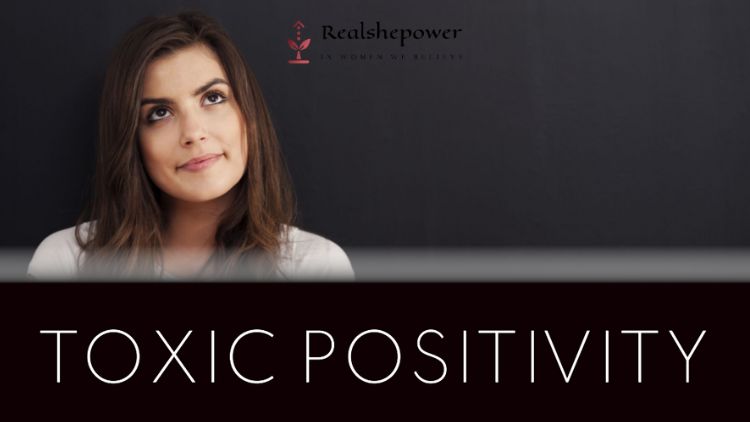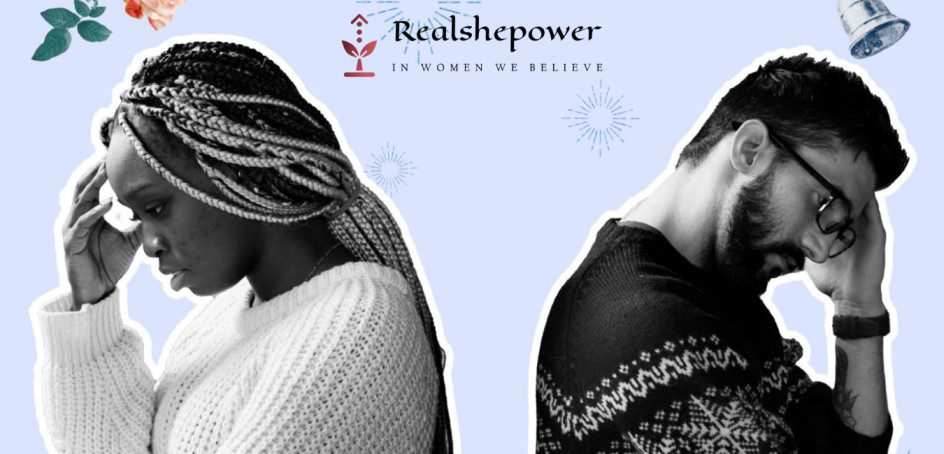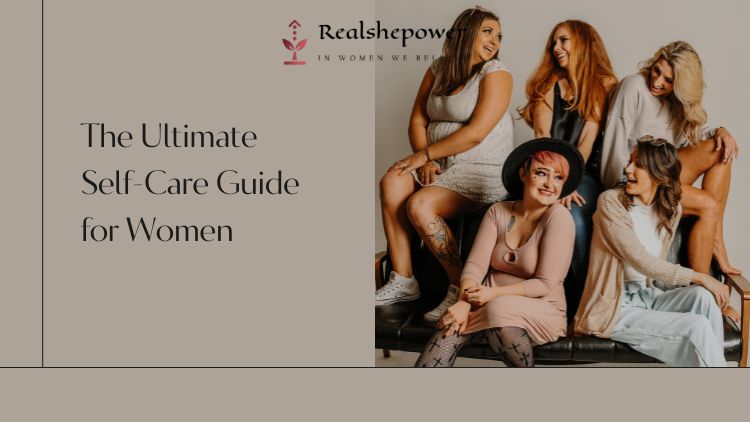When to Walk Away: Recognizing the Signs of a Toxic Relationship and Taking Steps Towards Self-Care


When to Walk Away
In the journey of life, relationships play a crucial role in our overall well-being. They can bring joy, companionship, and a sense of belonging. However, not all relationships are beneficial. Some can cause harm, leaving one in a state of constant stress and discomfort. These relationships, often referred to as toxic, can have detrimental effects on mental, emotional, and sometimes physical health. Recognizing the signs of a toxic relationship and taking the necessary steps towards self-care is crucial in maintaining personal well-being. This article aims to guide you through the process of identifying these signs and emphasizing the importance of self-care in such circumstances.
Table of Contents
Understanding Toxic Relationships
A toxic relationship can be likened to a poorly maintained vehicle; it may still move forward, but the ride is rough, causing unnecessary stress and discomfort and potentially leading to a dangerous breakdown. This metaphor reflects relationships that, instead of providing support, companionship, and mutual growth, trigger persistent emotional upheaval and drain vitality and happiness.
Toxic relationships often create a hostile environment marked by destructive behaviors, ongoing patterns of negativity, and a general sense of imbalance and unfairness. This toxicity can permeate any form of relationship – be it romantic, familial, or platonic. The critical factor that classifies a relationship as toxic is the consistent presence of harm, be it emotional, psychological, or in extreme cases, physical.
In essence, a toxic relationship is typically characterized by a continuous cycle of negative interactions and emotions. You may find yourself feeling perpetually drained, or walking on eggshells, constantly anticipating the next argument or episode of tension. There may be a recurring sense of instability and unpredictability, causing anxiety about when the next wave of negativity will hit.
It’s crucial to understand that toxicity isn’t always evident in the form of overt abuse or aggression. The most insidious toxic relationships often operate on subtler dynamics like manipulation, passive-aggression, or cold indifference. These more understated forms of toxicity can lead to a condition known as ‘gaslighting,’ where one person manipulates the other into doubting their perceptions, memories, or feelings, causing them to question their sanity or reality.
A common misconception is that toxic relationships are solely the byproduct of bad or ‘evil’ people. In reality, two well-intentioned individuals can also find themselves trapped in toxic relational dynamics due to factors like poor communication, unresolved personal issues, or incompatible ways of giving and receiving love.
Recognizing the Signs
The symptoms of toxicity in a relationship are often more nuanced than one would anticipate. While no relationship is perfect, persistent patterns of negativity and harm are telltale signs of toxicity. Here, we delve deeper into these signs:
- Constant Criticism: Every relationship has room for constructive criticism. However, in a toxic relationship, the criticism is seldom constructive and typically makes you feel small, inadequate, or inferior. It’s important to remember that constant derogatory remarks or belittlement has more to do with the critic’s insecurities than with your worth.
- Lack of Communication: In a healthy relationship, effective communication is key. Open conversations lead to understanding, growth, and conflict resolution. On the contrary, toxic relationships often have poor communication, characterized by silent treatments, passive-aggressive behavior, yelling, or the inability to engage in a calm, respectful conversation about issues.
- Control and Manipulation: Control and manipulation are fundamental signs of a toxic relationship. This control can be over your decisions, actions, friendships, finances, or even your personal choices. It might appear as affection or concern initially, but it often spirals into an invasion of personal freedom, with guilt-trips and manipulation being used to control your behavior.
- Unequal Effort: A relationship thrives on mutual effort and reciprocity. However, in a toxic relationship, you might find yourself doing most of the heavy lifting—always being the one to initiate conversations, plan activities, or make compromises. If the relationship feels one-sided, where your efforts aren’t reciprocated or appreciated, it could be a sign of toxicity.
- Negativity: Healthy relationships generally make you feel happy, secure, and loved. However, if you consistently feel drained, distressed, or unhappy after interactions, it’s a red flag. Persistent negativity, whether it’s endless arguments, jealousy, or the general ambiance of hostility, takes a heavy toll on your emotional health.
- Lack of Respect: Respect is a cornerstone of any healthy relationship. In toxic relationships, you’ll often find your boundaries being dismissed or violated. This lack of respect can be seen in different forms—disregarding your privacy, mocking your values, ignoring your needs, or consistently undermining your accomplishments.
- Gaslighting: Gaslighting is a manipulative tactic in which a person makes you question your feelings, instincts, and sanity. For instance, if you bring up something that upset you, they might twist the narrative, accuse you of misunderstanding, or make you feel guilty for even mentioning it. Over time, gaslighting can lead to you doubting your own judgment and reality.
Recognizing these signs can be the first step towards understanding the state of your relationship. However, remember that this recognition should lead to constructive action – whether it’s setting boundaries, seeking professional help, or in some cases, considering an exit from the relationship. Your emotional health and personal well-being should always be your top priority.
Taking Steps Towards Self-Care

Self-care is not merely a buzzword—it’s a vital component of a balanced life and is particularly important when navigating a toxic relationship. As such, taking deliberate steps towards self-care can pave the way for healing and growth.
- Acknowledgement: The first and often the hardest step in self-care is acknowledging the reality of your situation. This involves recognizing that the relationship you’re in is causing more harm than good. It may require a great deal of self-honesty and bravery to admit that a relationship is toxic, especially if it’s with someone you love or care deeply about. But remember, acknowledgement is the first step towards healing.
- Seek Support: Humans are social creatures, and sharing our struggles with people we trust can be therapeutic. Open up to friends or family members who understand your situation and offer emotional support. If you feel uncomfortable sharing these details with close ones, consider joining a support group where you can connect with others who are experiencing or have experienced similar situations. Professional help such as therapists or counselors can also provide an objective perspective and constructive advice.
- Set Boundaries: Setting boundaries is a crucial part of self-care. It involves recognizing your limits and effectively communicating them to others. In the context of a toxic relationship, it might mean defining what behaviors you will not tolerate, demanding respect, or carving out personal time for relaxation and reflection. Keep in mind that enforcing these boundaries may be met with resistance. If your boundaries are consistently ignored or violated, it’s a clear sign of disrespect, and you might need to reconsider your involvement in the relationship.
- Prioritize Self-care Activities: Make time for activities that bring you joy, relief, and tranquility. Exercise, meditate, write in a journal, listen to your favorite music, delve into a new book, cook your favorite meal, or spend time in nature—these are just a few examples of activities that can boost your mood and enhance your mental wellbeing. Prioritizing these activities can help you regain a sense of control over your life, reduce stress, and improve your mood and overall health.
- Practice Self-Compassion: Toxic relationships can often lead to feelings of inadequacy and low self-esteem. Therefore, it’s essential to practice self-compassion. Be gentle with yourself, acknowledge your feelings without judgment, and remind yourself that it’s okay to feel what you’re feeling. Your feelings are valid, and it’s okay to prioritize your wellbeing.
- Seek Professional Help: If the weight of the situation feels too overwhelming to handle alone, don’t hesitate to seek professional help. Therapists or counselors are trained to handle such situations and can provide valuable tools and strategies to navigate through these challenging times. They can also help you develop strategies for effective communication, enforcing boundaries, and boosting your self-esteem.
Remember, self-care is not a luxury but a necessity. It is about making choices that prioritize your mental, emotional, and physical wellbeing. In the context of a toxic relationship, self-care can be your life raft, keeping you afloat and guiding you towards safer shores.
Walking Away
Leaving a toxic relationship can be one of the hardest decisions to make. It often involves overcoming fear, guilt, and emotional dependency. It’s crucial to remember that leaving such a relationship is not a sign of failure but a step towards self-preservation. You have the right to prioritize your well-being and live a life free from constant negativity and stress.
FAQs
Q: How can I differentiate between a rough patch and a toxic relationship?
A: Rough patches are normal in any relationship and often temporary. However, if negative patterns persist over time and cause consistent distress, it could be a sign of a toxic relationship.
Q: How can I cope with feelings of guilt when leaving a toxic relationship?
A: Therapy can be a great resource to navigate feelings of guilt. Self-compassion is key — remind yourself that your emotional health matters and that you deserve a relationship that brings you happiness and peace.
Q: Can a toxic relationship be fixed?
A: While it’s not impossible, both parties need to recognize the toxicity, take responsibility for their part, and be willing to make significant changes. Professional help is often beneficial in such cases.
Q: What are some common feelings one might experience while in a toxic relationship?
A: A person in a toxic relationship might constantly feel emotionally drained, anxious, or depressed. They might also struggle with low self-esteem and feelings of worthlessness or guilt.
Q: Is it normal to feel lonely after ending a toxic relationship?
A: Yes, it’s perfectly normal to feel lonely, even relieved, after ending a toxic relationship. It’s essential during this time to surround yourself with supportive friends and family and engage in self-care activities that you enjoy. Professional help can also aid in navigating these complex emotions.
Q: I am financially dependent on my partner. How can I leave a toxic relationship in this scenario?
A: Leaving a toxic relationship can be particularly challenging when financial dependency is involved. Seeking legal advice and exploring support networks in your community can be helpful first steps. You might also consider seeking employment or furthering your education to become more financially independent.
Q: How can I rebuild my self-esteem after a toxic relationship?
A: Rebuilding self-esteem after a toxic relationship involves time and patience. Start by practicing self-compassion and acknowledging your strengths. Seek therapy or counseling if you’re comfortable, and surround yourself with supportive and positive people. Engage in activities that make you feel good about yourself and help you reconnect with who you are.
Q: How do I explain to my children that I am leaving a toxic relationship?
A: Honesty, reassurance, and age-appropriate explanations are crucial when discussing this with children. Reassure them that they are loved and that this decision is about creating a healthier environment for everyone. Depending on their age and the complexity of the situation, you might consider seeking guidance from a child psychologist.
Q: How can I support a friend or loved one who is in a toxic relationship?
A: Be there for them. Listen without judgment, validate their feelings, and gently express your concerns. Avoid forcing them to leave the relationship, as this decision must ultimately come from them. Encourage them to seek professional help if they are comfortable doing so.
In conclusion, recognizing the signs of a toxic relationship and prioritizing self-care is crucial for your mental and emotional well-being. Remember, walking away is not an act of defeat, but a testament to your strength. You have the right to be in relationships that respect you, value you, and contribute positively to your life. Don’t let fear or guilt keep you tied to toxicity. You deserve peace, happiness, and, most importantly, respect. It’s okay to choose yourself, for self-love is the first step towards healing.
You can now write for RealShePower and be a part of the community. Share your stories and opinions with us here.



